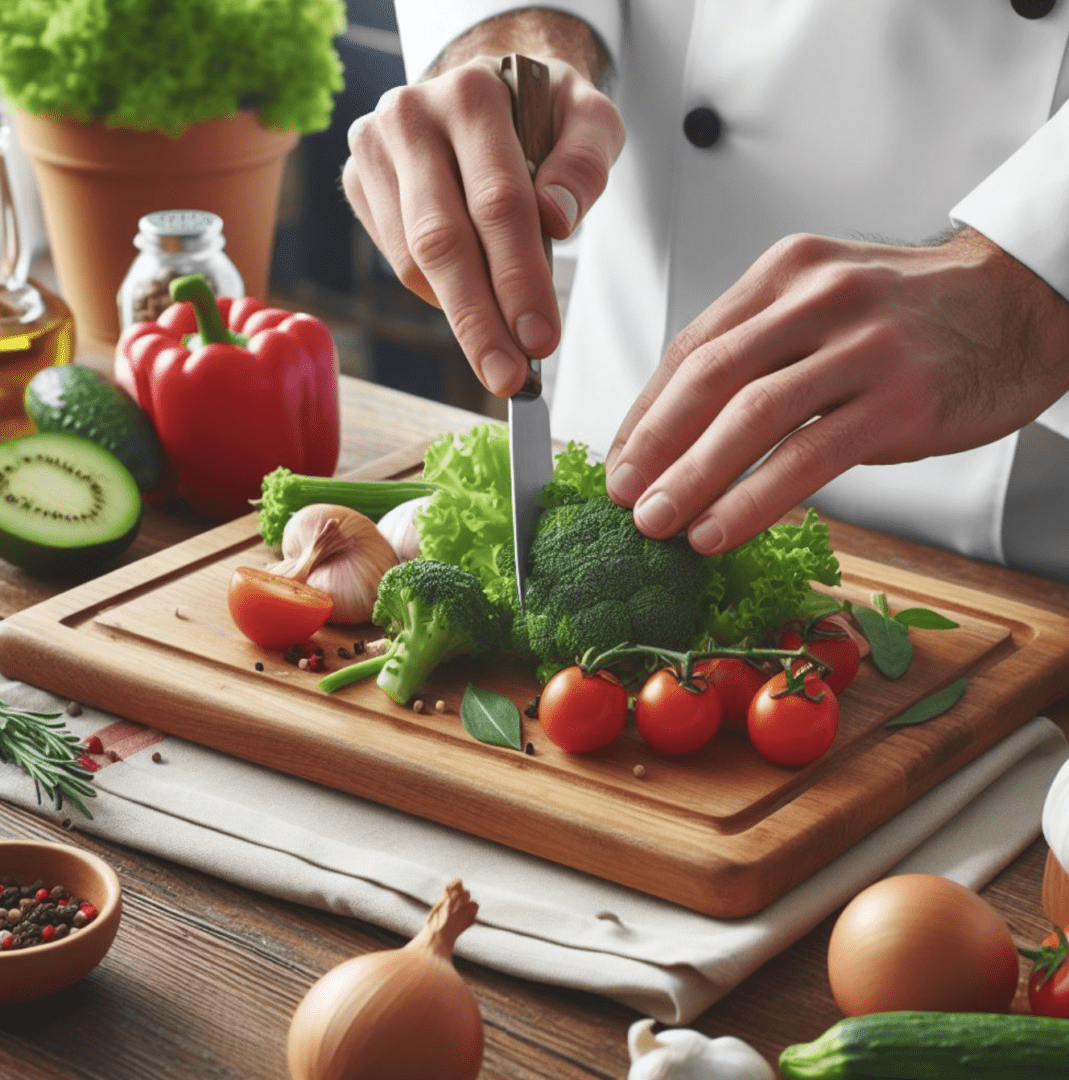Search Posts
Recent Posts
- Senior Agenda Coalition of RI pushes wealth tax to fund programs for older residents – Herb Weiss June 2, 2025
- How will Artificial Intelligence (AI) impact the future of work – Mary T. O’Sullivan June 2, 2025
- Real Estate in RI: Tiverton contemporary for $1.27M June 2, 2025
- Our Networking Pick of the Week: Coffee Hour at Provence Sur Mer, Newport June 2, 2025
- Rhode Island Weather for June 2, 2025 – Jack Donnelly June 2, 2025
Categories
Subscribe!
Thanks for subscribing! Please check your email for further instructions.

Ask Chef Walter: Cooking with safety, beware of bacteria – Chef Walter Potenza
Friends:
Late last night, I decided to re-post some basic information on food safety after finishing one of my cooking classes. One of the participants kept asking questions that I believed most people would know the answer. I was wrong. Many people still need to understand cooking with safety and what it involves.
So, here we go again!
Regarding food safety, it is crucial to be mindful of certain food products more prone to contamination with harmful and invisible bacteria, such as E. coli, Listeria, and Salmonella. These bacteria can result in severe illnesses if consumed and can be present in many everyday food items. When we are in the kitchen, we are often distracted by recipes, ingredients, and people talking, and not focusing can become worrisome.
Here are some details about the top 10 products associated with these harmful bacteria and some tips to help you stay safe:
1. Ground Beef: Ground beef can become contaminated with E. coli during butchering, making it one of the most frequently contaminated food products. To reduce the risk of illness, cooking ground beef thoroughly to kill any bacteria present is essential.
2. Raw Poultry: Raw chicken and turkey are often contaminated with Salmonella, a bacteria that can cause severe illness. To reduce the risk of illness, handling and storing raw poultry properly and cooking it to the recommended temperature is essential.
3. Raw Eggs: Raw eggs can contain Salmonella on both the shell and inside. Raw eggs can increase the risk of illness, so purchasing pasteurized eggs and cooking them thoroughly before consuming them is best.
4. Raw Sprouts: Alfalfa and bean sprouts are often associated with E. coli and Salmonella outbreaks due to their tendency to harbor bacteria. To reduce the risk of illness, thoroughly washing and cooking sprouts is recommended.
5. Raw Milk and Cheese: Raw milk and unpasteurized cheese can harbor Listeria, a bacteria that can cause serious illness. It’s best to choose pasteurized dairy products to reduce the risk of contamination.
6. Leafy Greens: Leafy greens like lettuce and spinach have been linked to many outbreaks of E. coli infections. To reduce the risk of illness, it’s essential to wash and store leafy greens thoroughly.
7. Shellfish: Raw or undercooked shellfish like oysters and clams can contain Vibrio bacteria, which can cause serious illness. Cooking shellfish thoroughly before consuming is essential to reduce the risk of illness.
8. Raw Fruits and Vegetables: Raw fruits and vegetables can be contaminated with E. coli and Salmonella. To reduce the risk of illness, thoroughly washing produce under running water and using a produce wash can help remove contaminants.
9. Deli Meats: Deli meats like ham and turkey can harbor Listeria if not handled and stored correctly. It’s essential to refrigerate deli meats and consume them before expiration to reduce the risk of illness.
10. Unpasteurized juices like apple cider may contain. Protecting yourself and your loved ones by choosing pasteurized juices is always a good practice. Pasteurization reduces the risk of foodborne illnesses and allows you to enjoy your favorite juice worry-free. Stay healthy and safe by making the wise choice of opting for pasteurized juices.
Sicily Food + Wine Tour, September 30 – October 7, 2024
Final thought!
Following a few guidelines is essential to avoid getting sick when preparing food. Before handling food, thoroughly wash your hands, utensils, and surfaces. Cook your food until it reaches the recommended internal temperature to ensure it’s safe. Some foods, like onions, flour, peaches, papaya, cantaloupe, and turkey meat, are more likely to cause illness, so be extra careful when handling them. Remember that more than water alone may be needed to sanitize your kitchen tools and surfaces thoroughly. If you need to sanitize something, salt can be a helpful option.
Remember these guidelines; you will minimize your chances of getting sick from food.
Protect your kitchen. Read. https://www.usda.gov/media/blog/2019/08/27/clean-then-sanitize-one-two-punch-stop-foodborne-illness-kitchen


